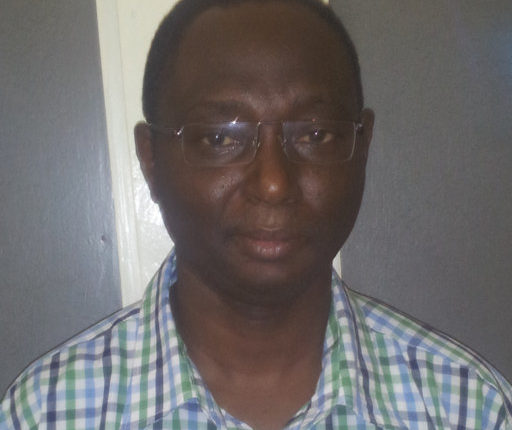According to the Greek philosopher Heraclites, everything is subject to change. Change is inevitable, however, drivers of that change and when it will occur, are often not easily discernible.
Recent-developments with the upsetting challenges Ghana is facing in implementing the partial lockdown/social distancing, in the face of the Coronavirus pandemic has suddenly exposed the extreme weaknesses in our settlements including associated infrastructure. At this crucial time, we needed the existence of well-structured settlements with decent homes for everybody irrespective of socio-economic conditions, to engender our adherence to the well-intended government directives.
However, suddenly, it has dawned on us that, the way our communities have been structured is gravely pitiful, undermining our collective effort in seeking to fight this dreadful pandemic. Poor housing conditions, overcrowding, poor water and sanitary facilities, poor drainage systems, poor address systems, poor accessibility and internal road-networks and so on. It is not as if we did not know that these perilous weaknesses exist.
They have been with us since independence. Undeniable, every Government that we have had since independence claims to be addressing the issues; 63 years on, we are still where we are and indications are that, things are getting worse by every generation.
If only we had long approached housing as a basic necessity and made sure that all Ghanaians live in a decent home; if only we had made sure that every home in Ghana had running tap water; if only we had made sure that every home has its own toilet, kitchen and bathroom; if only we had made sure that homes in Ghana have been designed to be disaster resilient; if only we had created our settlements such that every household is easily identifiable and within reach for effective disaster management.
Thus, if we had created our settlements using this inclusive approach, maybe we could have handled this lockdown in the same way that some other countries have done.
This Covid-19 pandemic has brought one key issue to the fore. Having a well-planned settlement is as critical as having the “best army” to successfully confront public health and disaster management situations.
In this case, our lack of attention to equity and inclusive development of our settlements has turned out to be our biggest nemesis and a threat to our collective effort to successfully fight the pandemic.
It is to be noted that, when it comes to housing and settlements, it is not all about what the highest bidder can afford for his/her comfort as we tend to mostly project in Ghana. It is also about addressing a social need so that in times like this, we can collectively position ourselves to implement directives that can easily be carried through all social classes without regrets.
The people who live in the so-called slums may be vulnerable in where they find themselves, however, it is up to society to realise that, whatever condition they do find themselves in, they also need to be considered as major stakeholders in the housing development process of the country, so that it would be easy to reach out for their cooperation when most needed in situations like this.
I do hope that, when this Covid 19 pandemic is finally over, lessons learnt would cause us to rethink and begin to provide a paradigm shift in our housing delivery strategy, to properly take care of all social classes.
Source: Professor Divine Ahadzie | Head, Centre for Settlements Studies KNUST, Kumasi


Comments are closed.